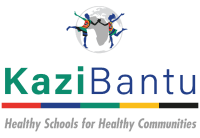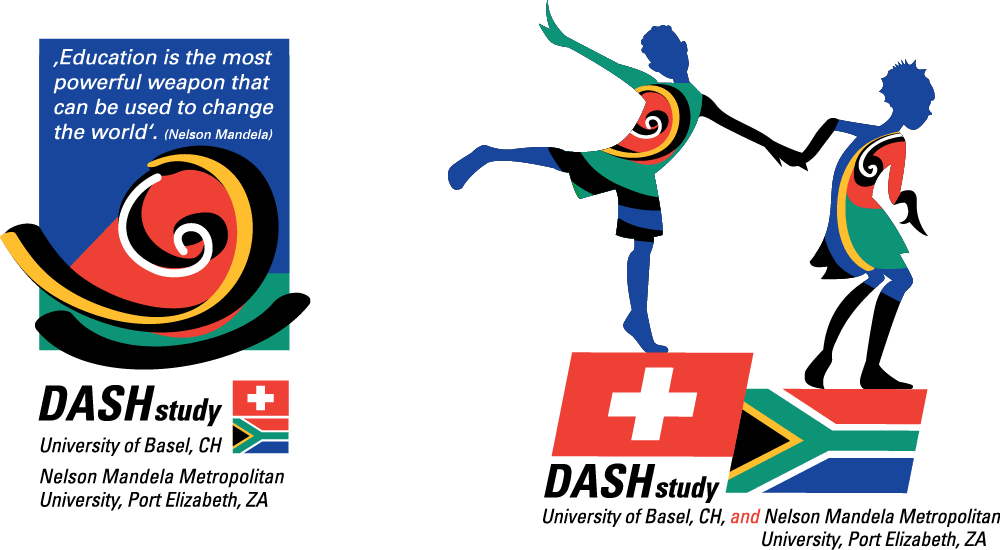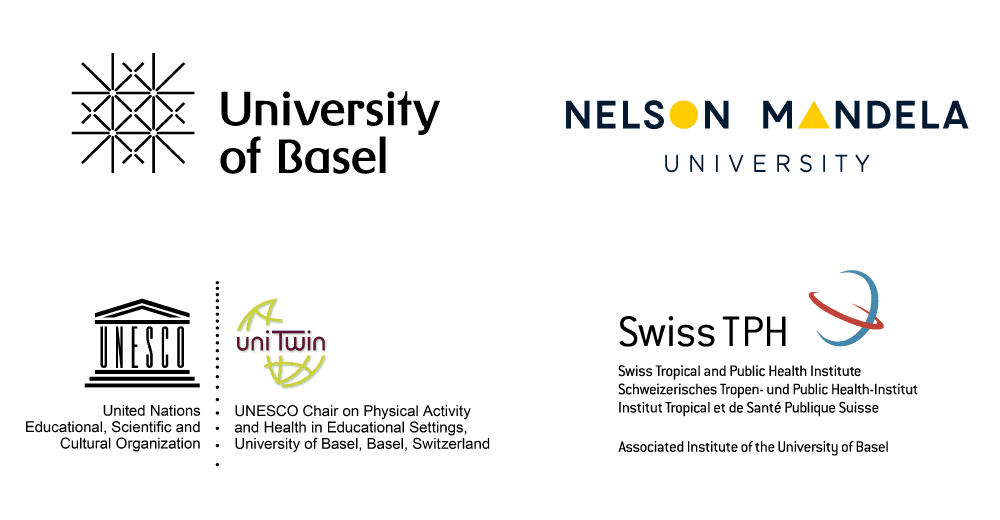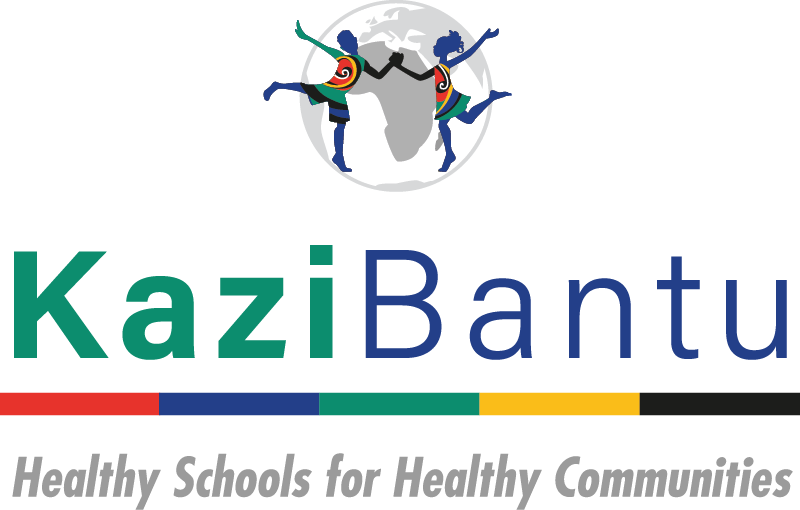
KaziBantu story
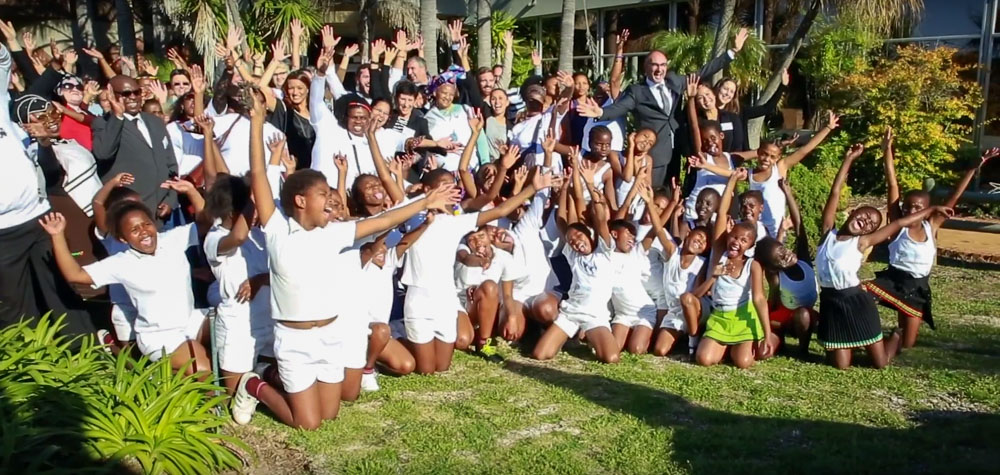
In 2014, the Nelson Mandela University, together with the Department of Sport, Exercise and Health from the University of Basel, Switzerland and the Swiss Tropical and Public Health Institute, Basel, collaborated in the ‘Disease, Activity and Schoolchildren’s Health’ (DASH) research project.
The objective of DASH was to explore the implementation of a multi-fold school-based intervention aimed at the improvement of the health and well-being of schoolchildren living in disadvantaged communities of Gqeberha, South Africa.
A UNESCO Chair has been established by an agreement between UNESCO and the University of Basel. This Chair is a research and teaching unit at a the University of Basel, Switzerland, and at the Nelson Mandela University in Gqeberha, South Africa, with a focus on ‘Physical Activity and Health in Educational Settings’.
Together with the Swiss Tropical and Public Health Institute, these institutions have expanded the DASH research project into the ‘Healthy Schools for Healthy Communities’ initiative ‘KaziBantu’.
KaziBantu was initially funded by the Novartis Foundation, a philanthropic organization focused on population health in low and middle income countries.
The main goals of the KaziBantu programme are in line with the united nations Sustainable Development Goals (SDGs) and comprise of five goals:
- Research and Implementation of KaziKidz and KaziHealth
- Promotion of Collaboration between Researchers from Africa, Switzerland and other Regions
- Collaboration with UNESCO and existing UNESCO Chairs
- Contribution to SDG 3
- Contribution to SDG 4
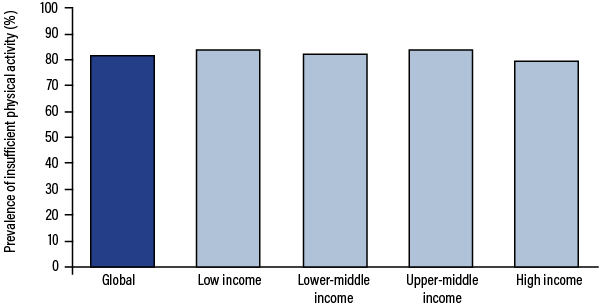
Cardiorespiratory fitness (CRF) and objectively assessed physical activity (PA) seem to be closely linked with a composite measure of children’s cardiovascular risk. Given that 4 out of 10 South African schoolchildren do not meet international PA recommendations, efforts should be made to ensure that a physically active lifestyle is seen as an important educational goal.
Important research findings and a toolkit emanated from the project.
The multi-fold intervention was applied over two 10-week blocks and comprised of four elements:
- Weekly physical activity and dancing-to-music lessons
- Health and hygiene education lessons
- Nutritional supplementation
- Deworming

Soil-transmitted helminth infection intensity. Müller et al. (2016)
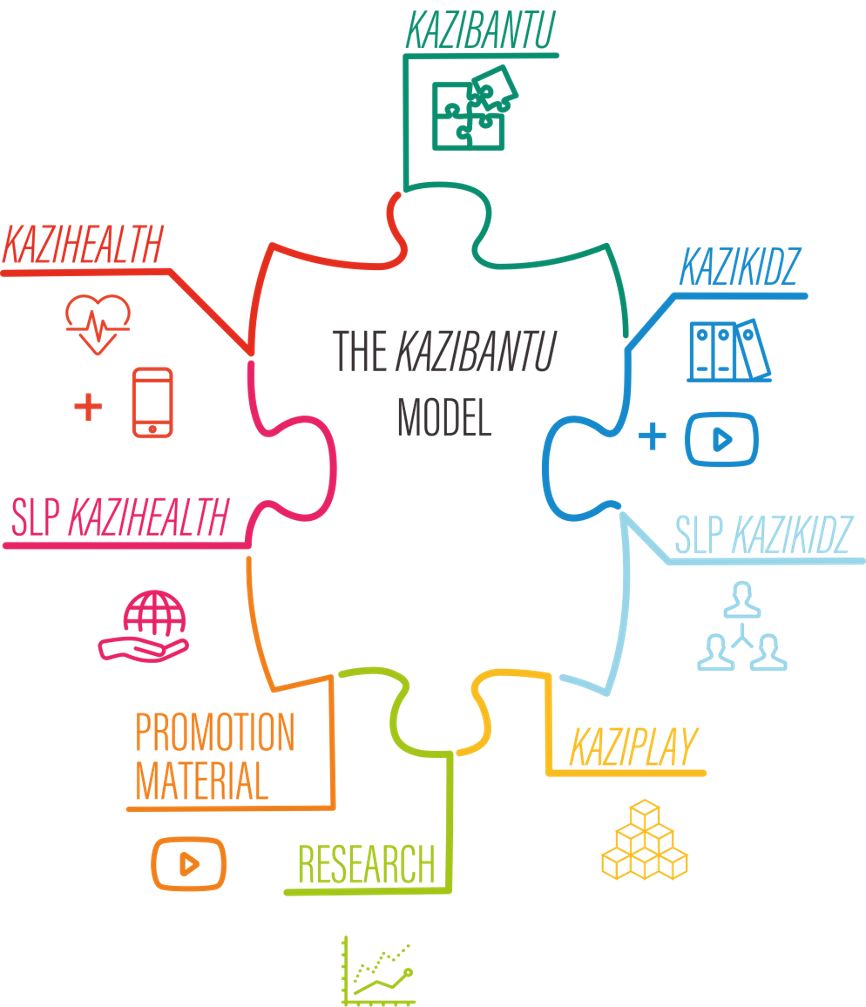
The KaziBantu programmes’ many products and resources will be able to benefit many teachers, thus contributing to healthier schools for healthier communities.
It encompasses specifically tailored school-based intervention programmes, focusing on physical activity and fitness, diet and nutrition as well as health, hygiene and psychosocial wellbeing. The KaziBantu programme promotes a healthy, active lifestyle in schoolchildren as well as teachers.

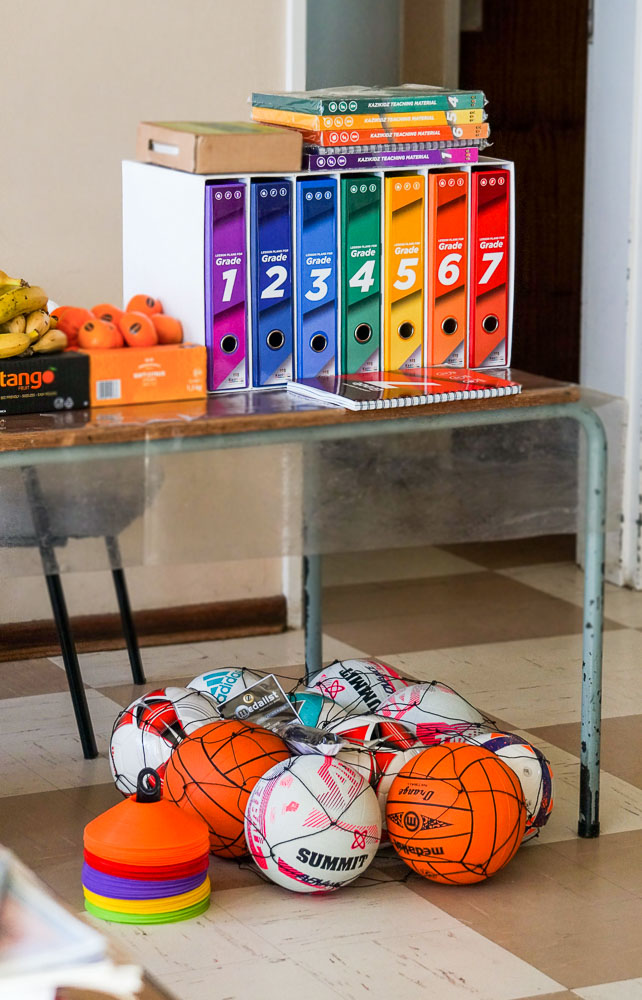
Two toolkits have been developed to contribute to the health of learners by teaching children about Physical Education, Health and Hygiene and educating and empowering teachers.
KaziKidz: A holistic educational and instruction tool aimed to enhance schoolchildren’s overall health by covering:
- Physical Education
- Moving-to-music
- Health and Hygiene
- Nutrition


KaziHealth: A workplace health intervention programme designed specifically for school teachers to decrease non-communicable risk factors.
Research has highlighted the many NCD risks among teachers which, together with the difficult working conditions of teachers in many schools, result in high levels of stress and anxiety. The accreditation of the KaziHealth SLP by SACE, will once again encourage teachers to participate in the programme, motivating them to make important lifestyle choices and changes to improve health.
This is not only important for the health of teachers, but as teachers are important role models – the benefits also extend to learners and the wider communities.
Complementing the KaziBantu programme, KaziPlay playground and sanitation intervention creates a health promoting school environment.
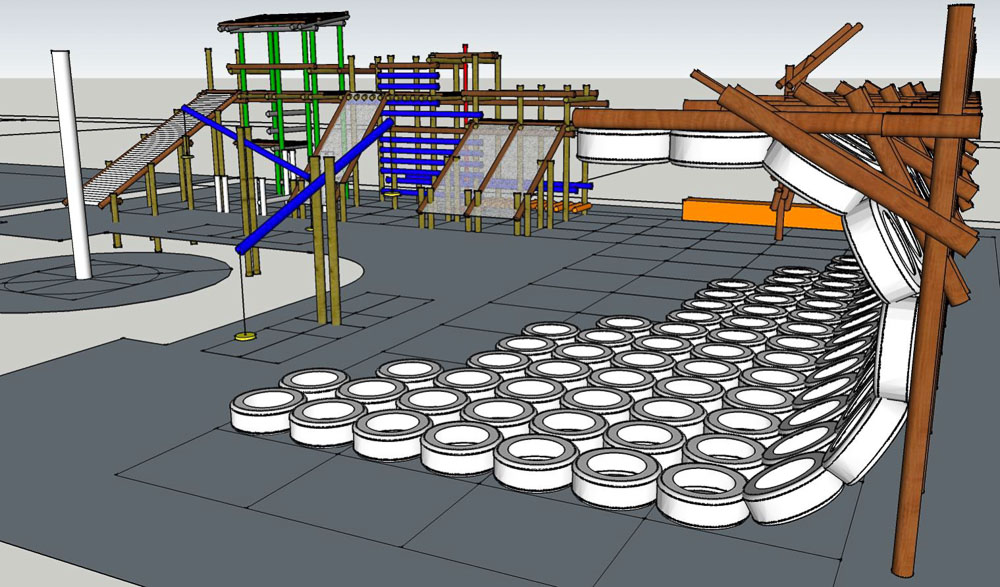

Our aim is to disseminate the KaziBantu programme, initially to 300 quintile 3 primary schools in the Eastern Cape and then to distribute it nationally to benefit learners and wider school communities in other regions of South Africa.
To foster long-term cooperation, a memorandum of understanding between the Eastern Cape Department of Education and Nelson Mandela University was signed which formalises the presentation of Short- Learning Programmes within the in-service KaziBantu training programmes such as KaziKidz focusing on life skills and the promotion and enhancement of the teacher’s own health through KaziHealth.
In the close future we explore further opportunities for collaboration in other areas of common interest with the support of the Swiss Embassy in Pretoria, South Africa.
